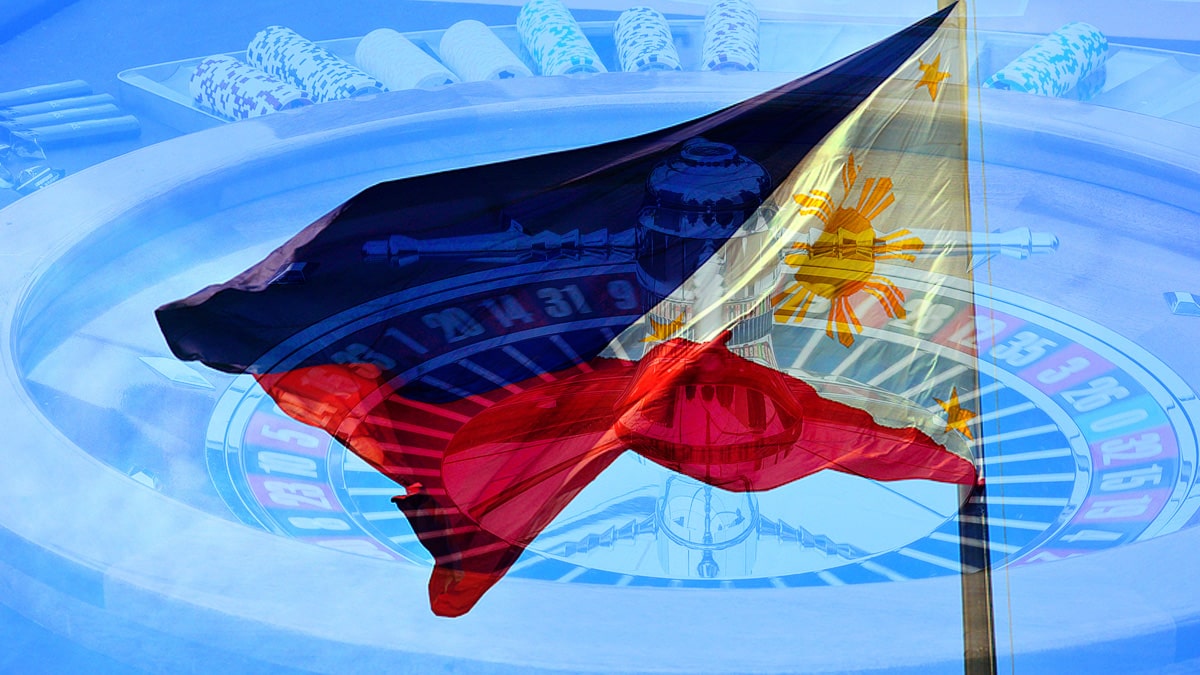As observers have predicted, the Philippines has decided to throw caution to the wind and put an end to Manila’s Enhanced Community Quarantine (ECQ). President Rodrigo Duterte has declared the capital will revert to a more lenient General Community Quarantine (GCQ) between August 19 and August 31, leading some to think casinos could soon reopen.
 This is not because the number of infections has improved. Recently labeled “The land of COVID-19” by Thai news outlets, the Philippines continues to see a high rate of new infections. The country saw no improvement at all during its time in a modified ECQ, averaging more than 3,000 new cases per day.
This is not because the number of infections has improved. Recently labeled “The land of COVID-19” by Thai news outlets, the Philippines continues to see a high rate of new infections. The country saw no improvement at all during its time in a modified ECQ, averaging more than 3,000 new cases per day.
But the economy just can’t stand another day in quarantine, the government argues. Before the decision was announced, Presidential spokesperson Harry Roque teased that relaxed lockdowns were coming. “The bottom line is we no longer have resources to give assistance,” he said.
The Octa group of experts, who cautioned against ending ECQ, now estimate that the country will soon see a total of 230,000 cases, a significant increase from the current number of 164,474. Mind you, both of these numbers are accounted for with a lack of testing.
For Manila casinos though, this may be the lifeline they need to survive. City of Dreams Manila, Okada Manila, Solaire and Resorts World Manila were given permission to operate dry runs for a select number of guests in June, which helped the operators bring in their only income for Q2. The shift to ECQ at the beginning of August put a pause to those dry runs, but now they will presumably be allowed to resume soon.
The Philippine Amusement and Gaming Corporation (PAGCOR), regulator of the casino industry, has yet to comment if the casinos will be allowed to resume operations in any way shortly. Even if they should though, don’t expect a return to normal just yet. Each of the casinos has publicized how they will keep visitors safe, including strict social distancing measures. And much like Macau, the Philippines will likely lack tourists coming in to prop up the industry, and a thin supply of locals willing to risk contracting the coronavirus.
